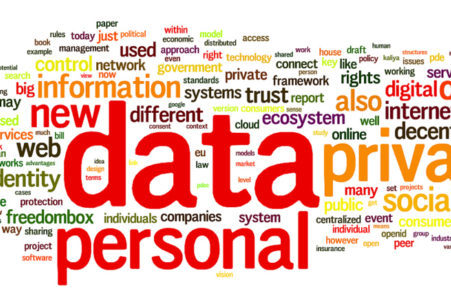The Trump Administration reported a new initiative focused on enhancing interoperability and the exchange of medical information, and has gathered pledges from top healthcare and tech companies to develop a foundation for a next-gen digital health environment that could enhance patient results, minimize provider burden, and generate value.
The initiative was announced during a White House event called “Make Health Tech Great Again” hosted by the HHS Centers for Medicare & Medicaid Services (CMS). It aims to enhance interoperability and eliminate data blocking to deliver quality care and reduce waste. For years, bureaucrats blocked health information and hindered patients from having control of their wellness. Today, the power is being given to patients, reestablishing a health system that helps people be healthy again.
At the White House event, the CMS discussed its plan, which consists of voluntary standards for trustworthy, patient-centered, and simple data exchange for all types of network: tech platforms, electronic health records (EHR), health information networks and exchanges. The effort is centered on two major areas: offering a CMS Interoperability Framework that will enable sharing of data between patients and healthcare providers, and creating personalized tools accessible to give individuals the data and resources they require to make good health choices. The project has over 60 organizations working together to give results in early 2026, including tech companies like Amazon, Apple, Anthropic, OpenAI, and Google.
The HHS’ Office for Civil Rights (OCR) welcomed the initiative, which for many years had a HIPAA enforcement initiative focusing on HIPAA Right of Access noncompliance. Under that initiative, over 50 healthcare providers paid financial penalties for not giving patients prompt access to their health records, as mandated by the HIPAA Privacy Rule. Although patients can get copies of their medical records under HIPAA, there are hindrances to disclosing that data to others. This initiative will make available basic tools for data sharing like a QR code to enable the transfer of medical records from a new healthcare provider.
OCR ensures the improvement of the promptness in giving individuals access to their electronic PHI, without compromising health data privacy and security. When a person gets another person’s ePHI by mistake, usually, OCR’s main HIPAA enforcement interests are making sure that the impacted person and HHS get prompt HIPAA breach notification.”
Over 21 networks have consented to follow the voluntary requirements to become CMS-aligned networks. 30 organizations have agreed to offer applications that will employ secure digital identity credentials to get electronic health records from CMS alligned networks and help with data sharing. Applications will be created to help in the following important areas:
- helping diabetic patients with obesity management
- checking symptoms using conversational AI assistants
- scheduling patient consultations
- navigating care choices
- using secure digital check-in solutions instead of intake forms
The HHS stated that all proposals will be HIPAA-compliant. Although that is surely true, when a HIPAA-certified healthcare provider has given a patient their copy of their medical data, those data is no longer secured by HIPAA. Patients must be sure they exercise care when giving their records to a third party, since the use and sharing of data may not be subject to HIPAA protections.



